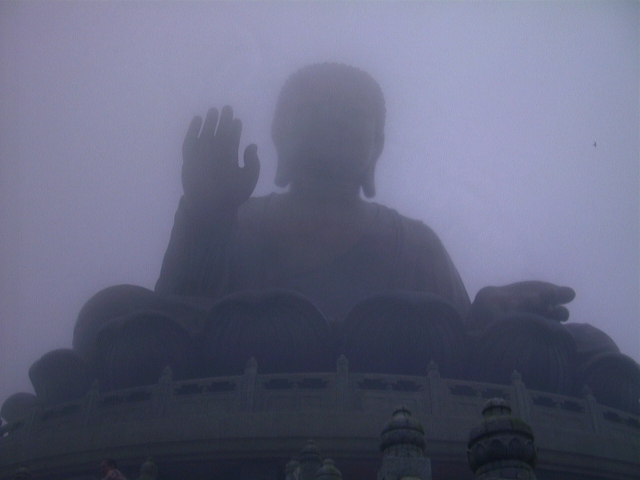

and the graceful services of:
The Council on Spiritual Practices
Preamble
People have long sought to enrich their lives and to awaken to their full natures through spiritual practices including prayer, meditation, mind-body disciplines, service, ritual, community liturgy, holy-day and seasonal observances, and rites of passage. "Primary religious practices" are those intended, or especially likely, to bring about exceptional states of consciousness such as the direct experience of the divine, of cosmic unity, or of boundless awareness.
In any community, there are some who feel called to assist others along spiritual paths, and who are known as ministers, rabbis, pastors, curanderas, shamans, priests, or other titles. We call such people 'guides': those experienced in some practice, familiar with the terrain, and who act to facilitate the spiritual practices of others. A guide need not claim exclusive or definitive knowledge of the terrain.
Spiritual practices, and especially primary religious practices, carry risks. Therefore, when an individual chooses to practice with the assistance of a guide, both take on special responsibilities. The Council on Spiritual Practices proposes the following Code of Ethics for those who serve as spiritual guides.
1. Intention: Spiritual guides are to practice and serve in ways that cultivate awareness, empathy, and wisdom.
2. Serving Society: Spiritual practices are to be designed and conducted in ways that respect the common good, with due regard for public safety, health, and order. Because the increased awareness gained from spiritual practices can catalyze desire for personal and social change, guides shall use special care to help direct the energies of those they serve, as well as their own, in responsible ways that reflect a loving regard for all life.
3. Serving Individuals: Spiritual guides shall respect and seek to preserve the autonomy and dignity of each person. Participation in any primary religious practice must be voluntary and based on prior disclosure and consent given individually by each participant while in an ordinary state of consciousness. Disclosure shall include, at a minimum, discussion of any elements of the practice that could reasonably be seen as presenting physical or psychological risks. In particular, participants must be warned that primary religious experience can be difficult and dramatically transformative.
Guides shall make reasonable preparations to protect each participant's health and safety during spiritual practices and in the vulnerable periods that may follow. Limits on the behaviors of participants and facilitators are to be made clear and agreed upon in advance of any session. Appropriate customs of confidentiality are to be established and honored.
4. Competence: Spiritual guides shall assist with only those practices for which they are qualified by personal experience and by training or education.
5. Integrity: Spiritual guides shall strive to be aware of how their own belief systems, values, needs, and limitations affect their work. During primary religious practices, participants may be especially vulnerable to suggestion, manipulation, and exploitation; therefore, guides pledge to protect participants and not to allow anyone to use that vulnerability in ways that harm participants or others.
6. Quiet Presence: To help safeguard against the harmful consequences of personal and organizational ambition, spiritual communities are usually better allowed to grow through attraction rather than active promotion.
7. Not for Profit: Spiritual practices are to be conducted in the spirit of service. Spiritual guides shall strive to accommodate participants without regard to their ability to pay or make donations.
8. Tolerance: Spiritual guides shall practice openness and respect towards people whose beliefs are in apparent contradiction to their own.
9. Peer Review: Each guide shall seek the counsel of other guides to help ensure the wholesomeness of his or her practices and shall offer counsel when there is need.
SEE:
SPIRITUAL GUIDES: PASS OR FAIL?
FALSE GURU TEST
"Real Masters never charge for their services, nor do they accept payment in any form
nor in any sort of material benefits for their instructions. This is a universal law among
Masters, and yet amazingly, it is a fact that thousands of eager seekers in America and
elsewhere, go on paying large amounts of money for "spiritual instruction." Masters are
always self-sustaining and are never supported by their students or by public charity."
---Julian P. Johnson, The Path of the Masters (1939)
Almost any promoter or advocate of their own pocketbook belief could search out some reason to circumnavigate the above reasoning. However, even the most ardent skeptic would be hard pressed to dismiss the words of Sakhyamuni Buddha on the subject as recorded in the Anguttara Nikaya V.159, Udayi Sutra:
"The Dharma should be taught with the thought, 'I will speak not for the purpose of material reward.'"
Fundamentally, our experience as experienced is not different from the Zen master's. Where
we differ is that we place a fog, a particular kind of conceptual overlay onto that experience
and then make an emotional investment in that overlay, taking it to be "real" in and of itself.

|
|

THE PRACTICE OF BODHISATTVA PRECEPTS
SELECTING SPIRITUAL GUIDES AND GURUS